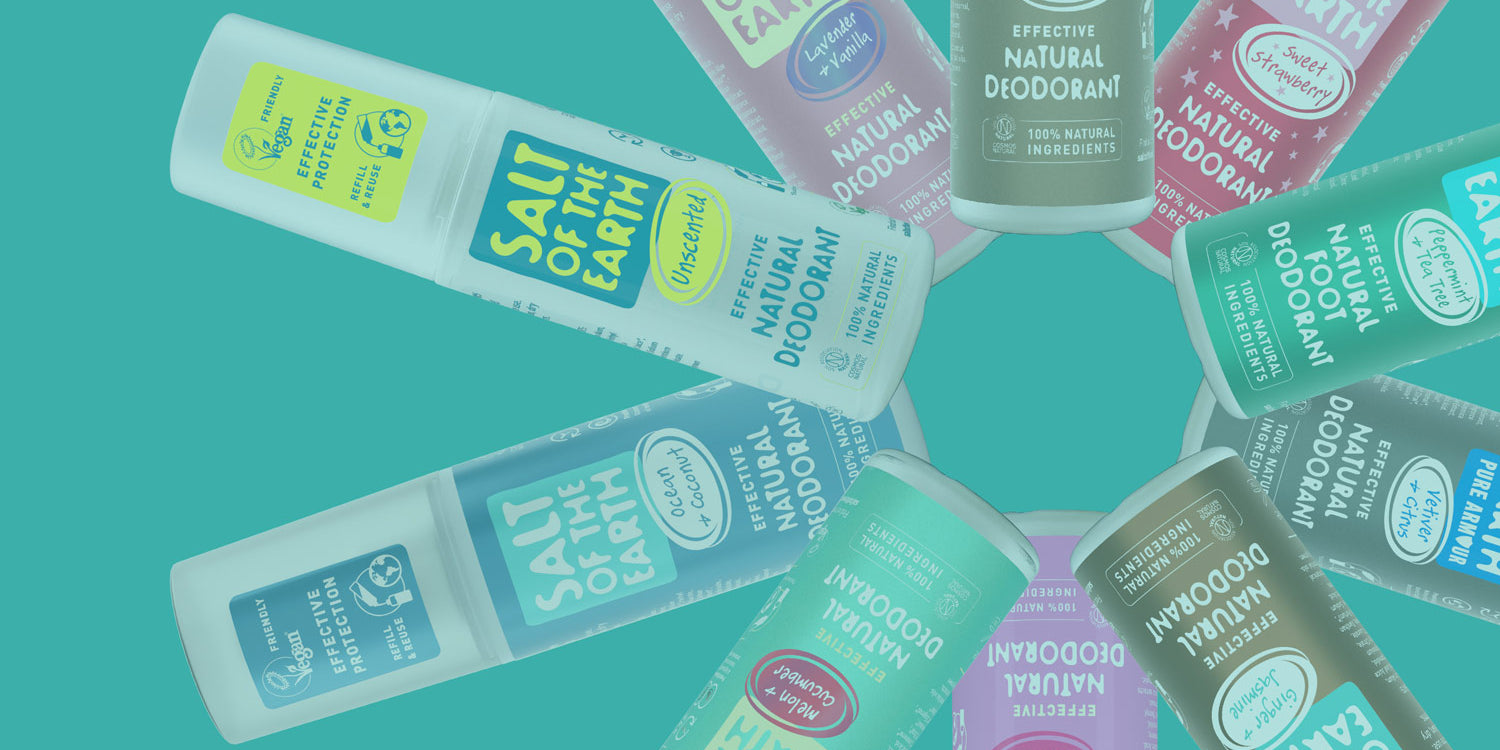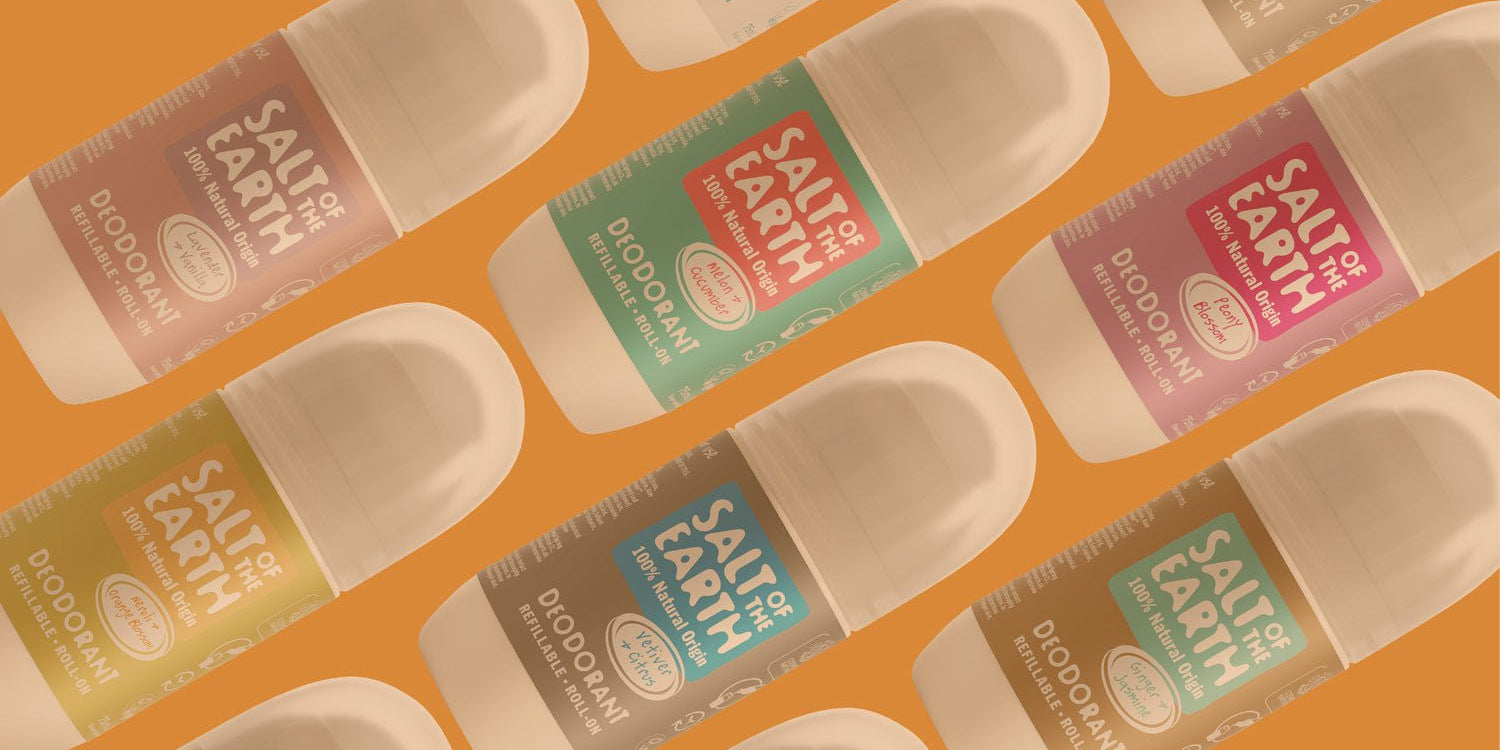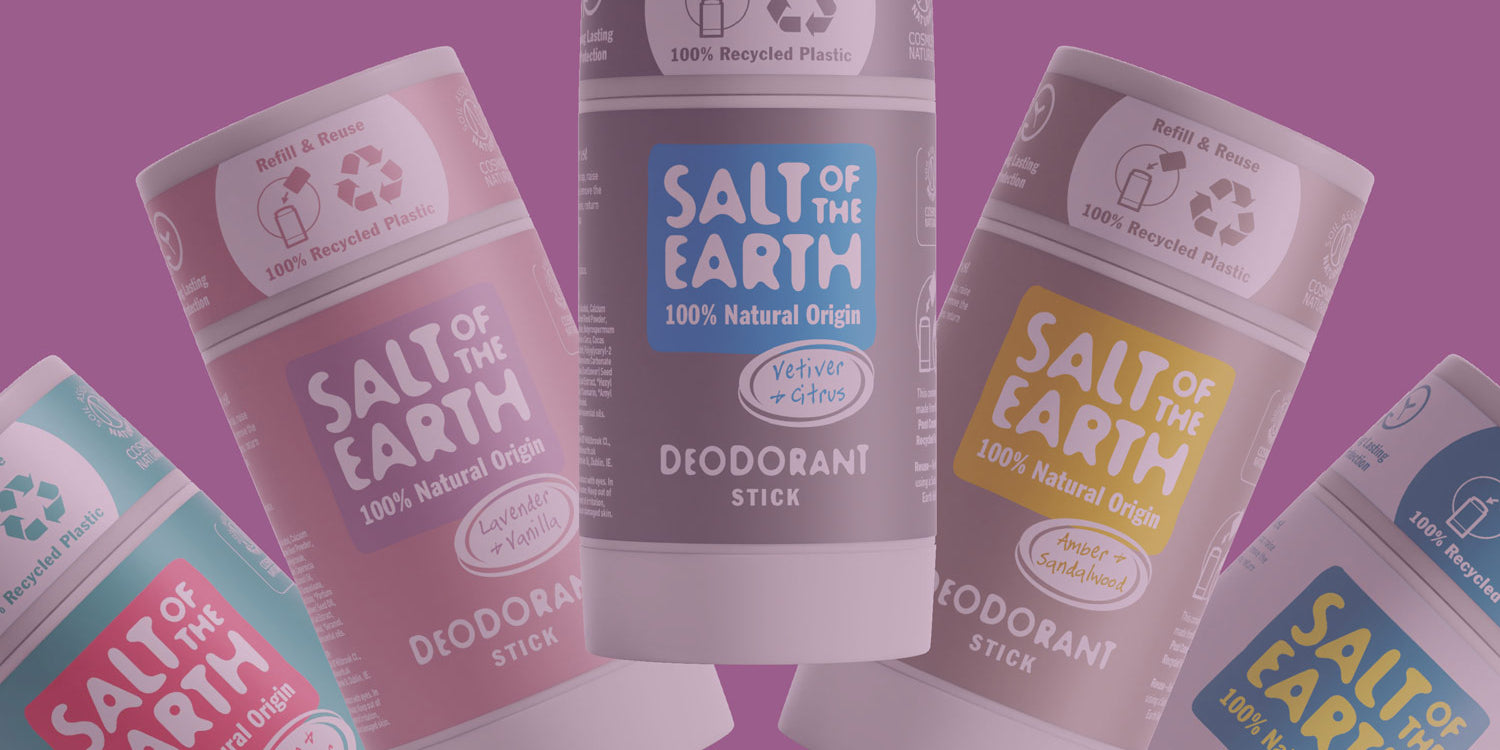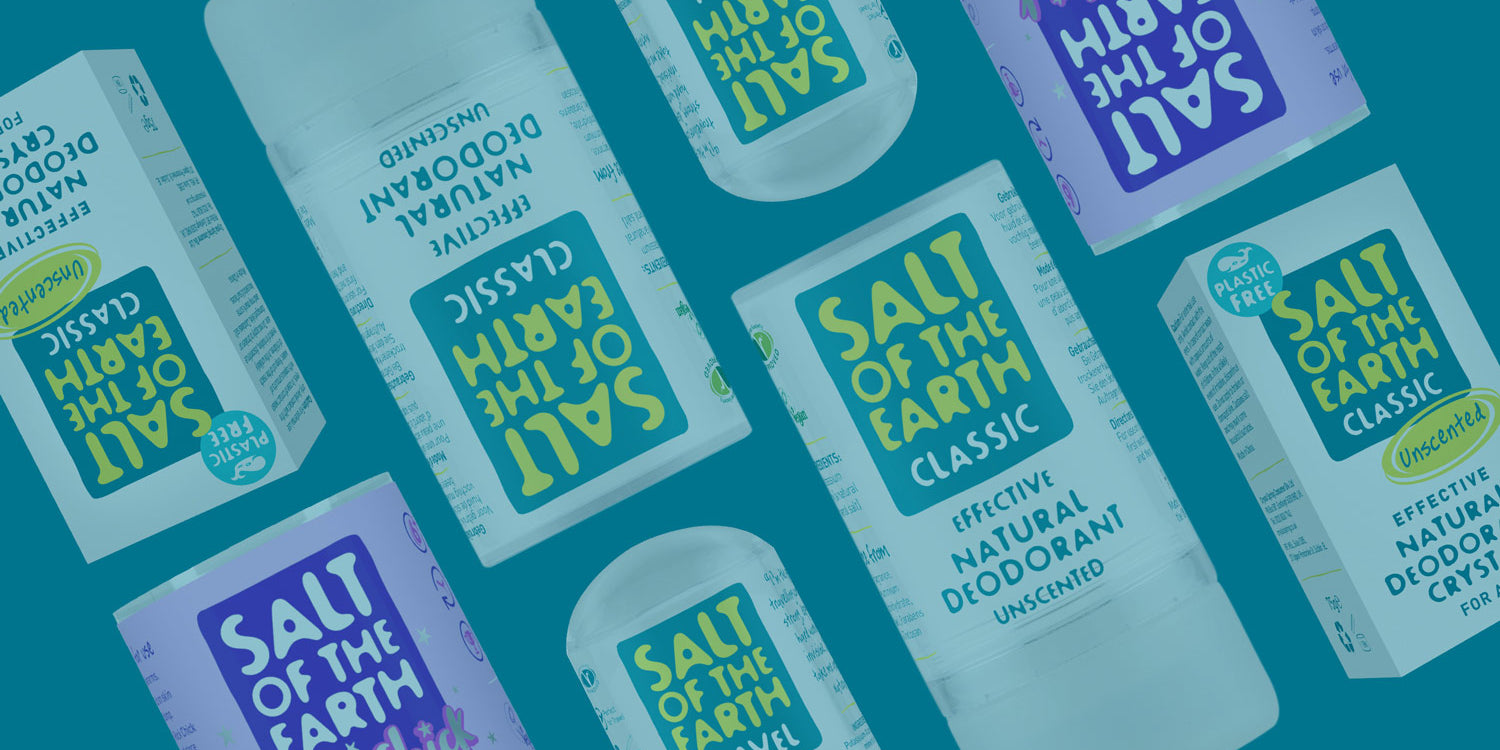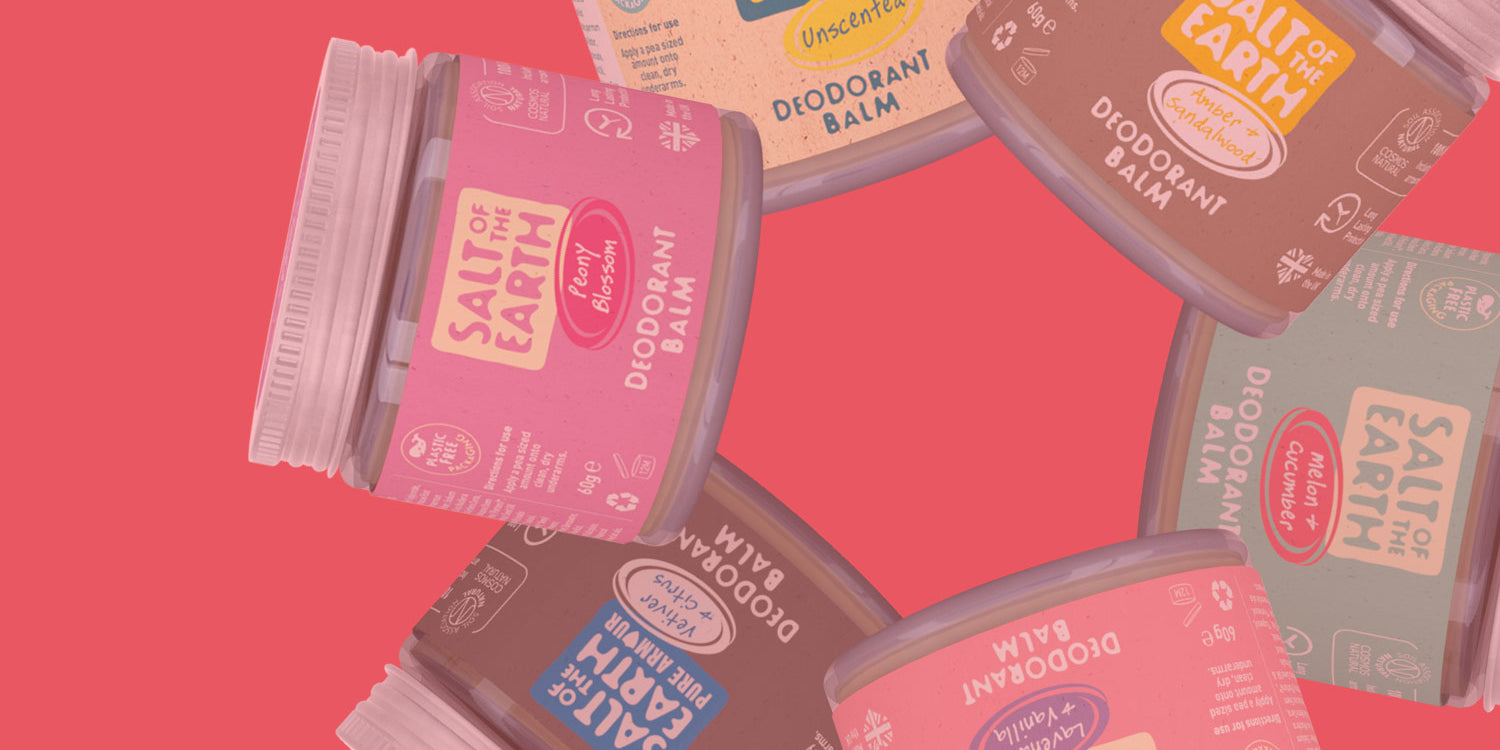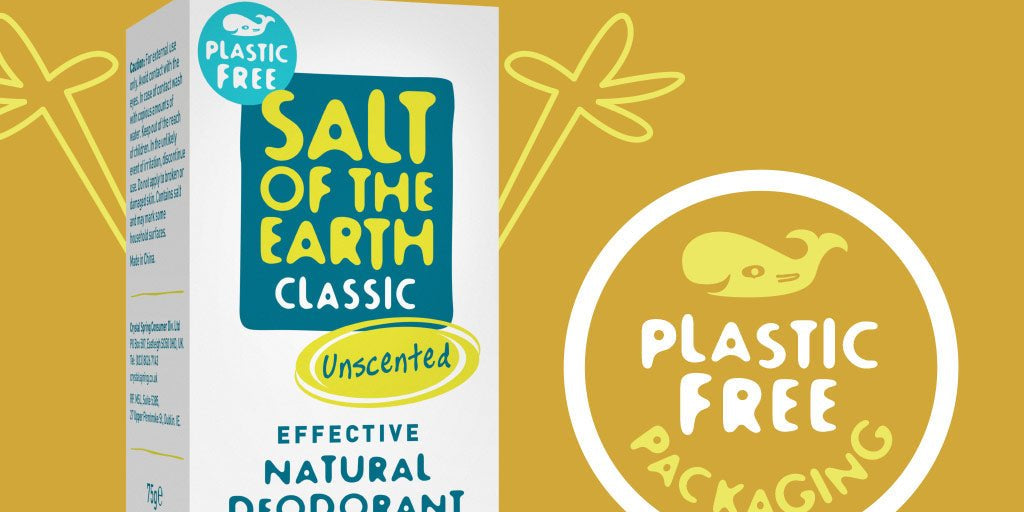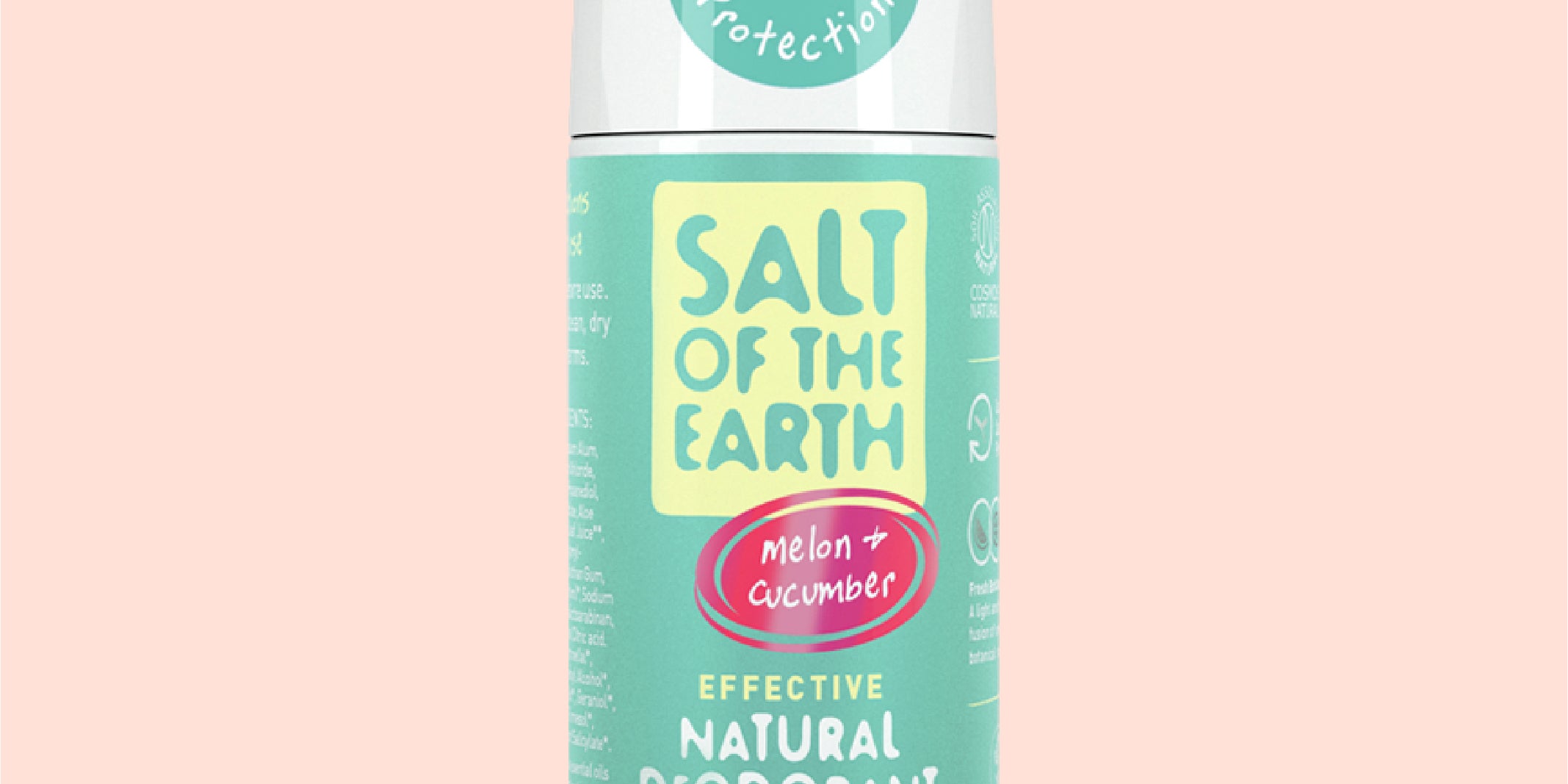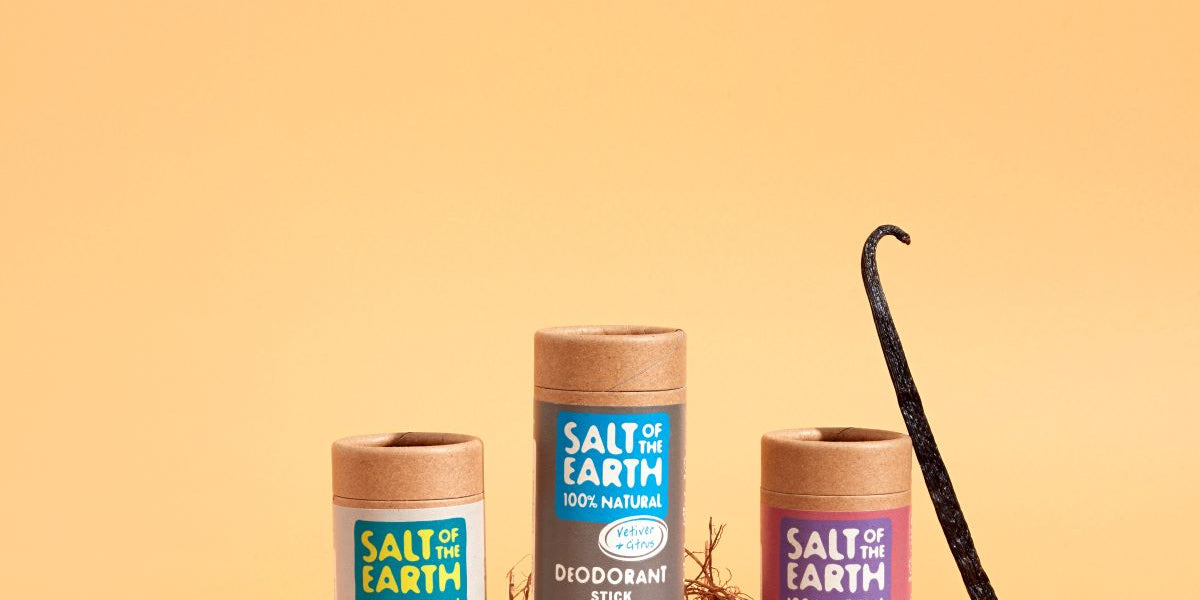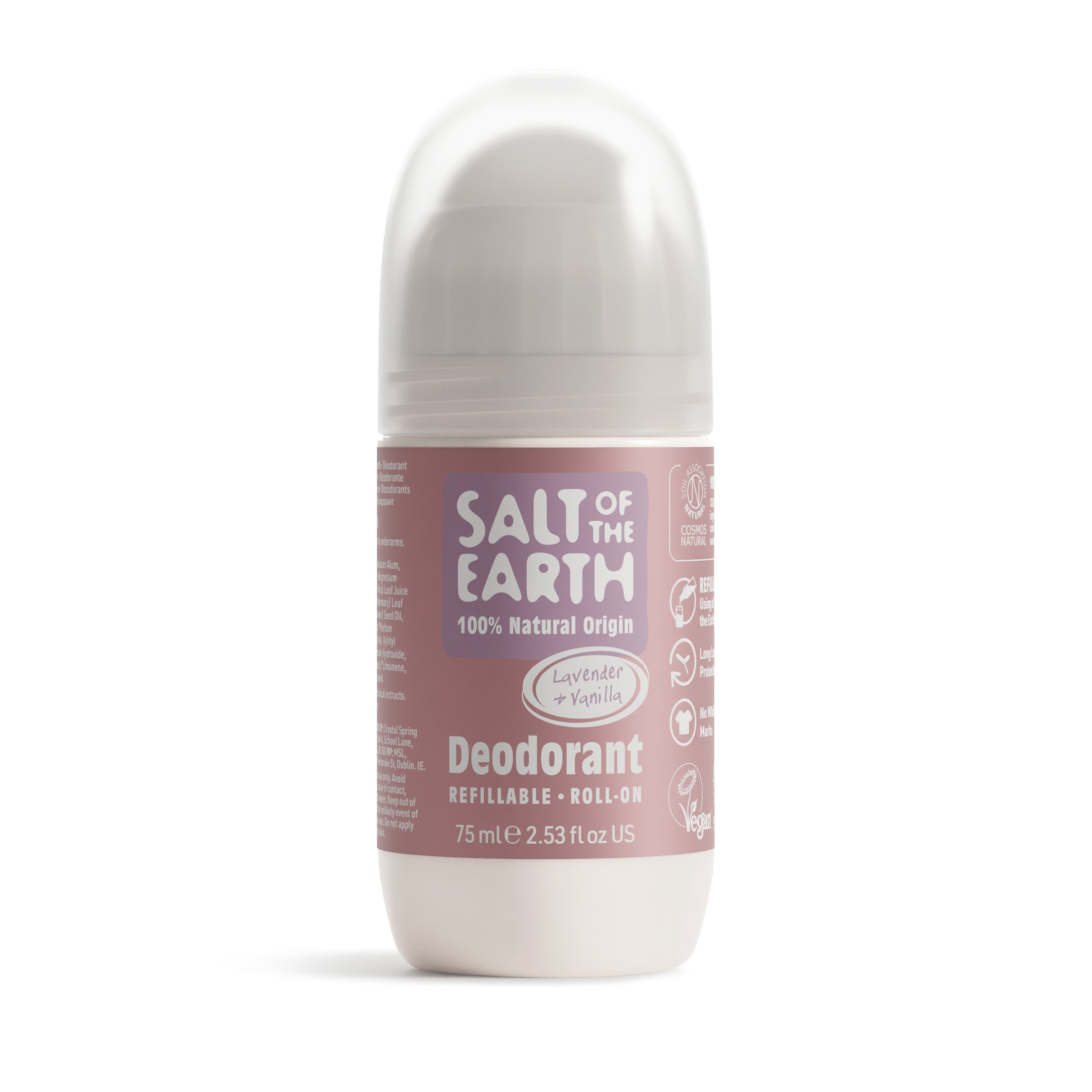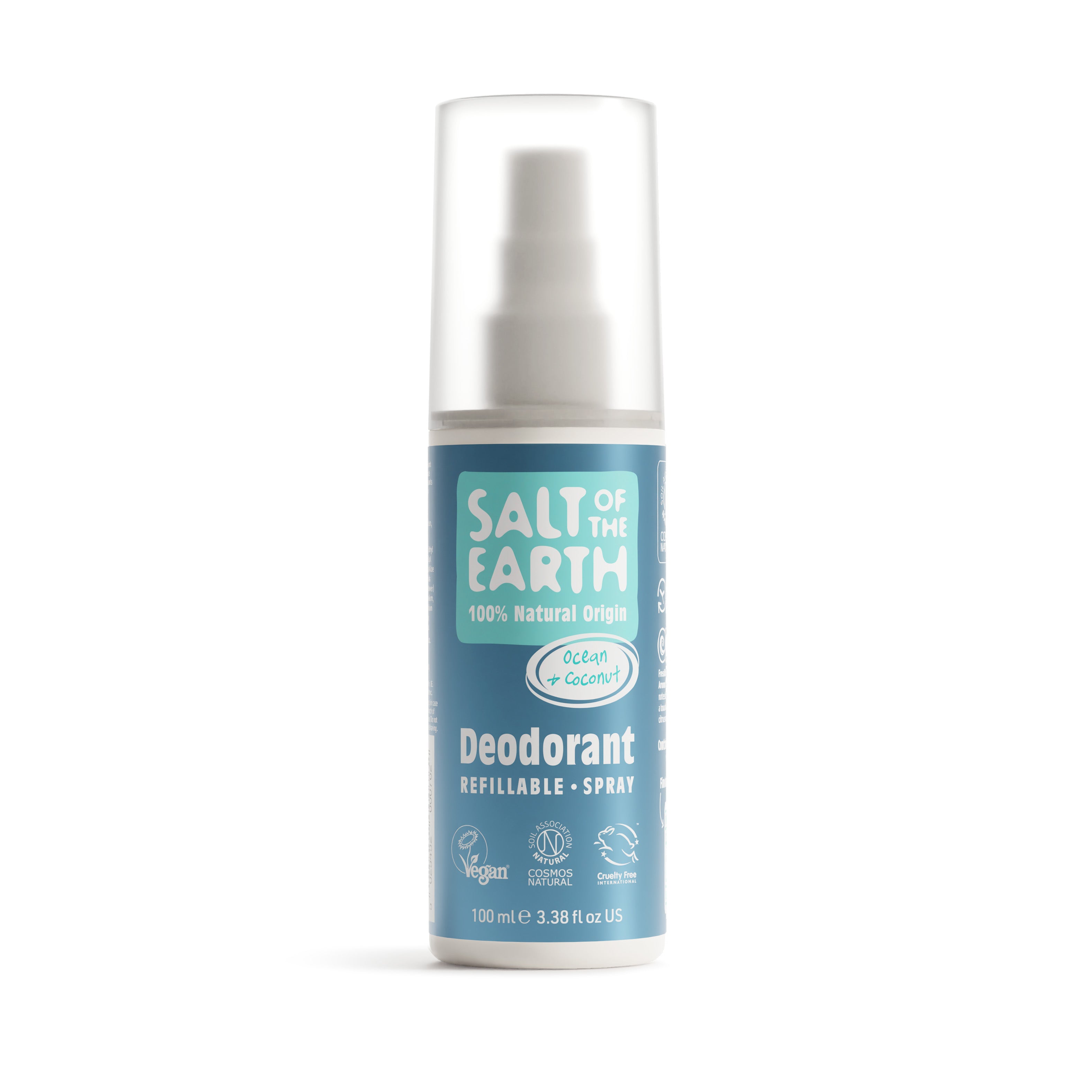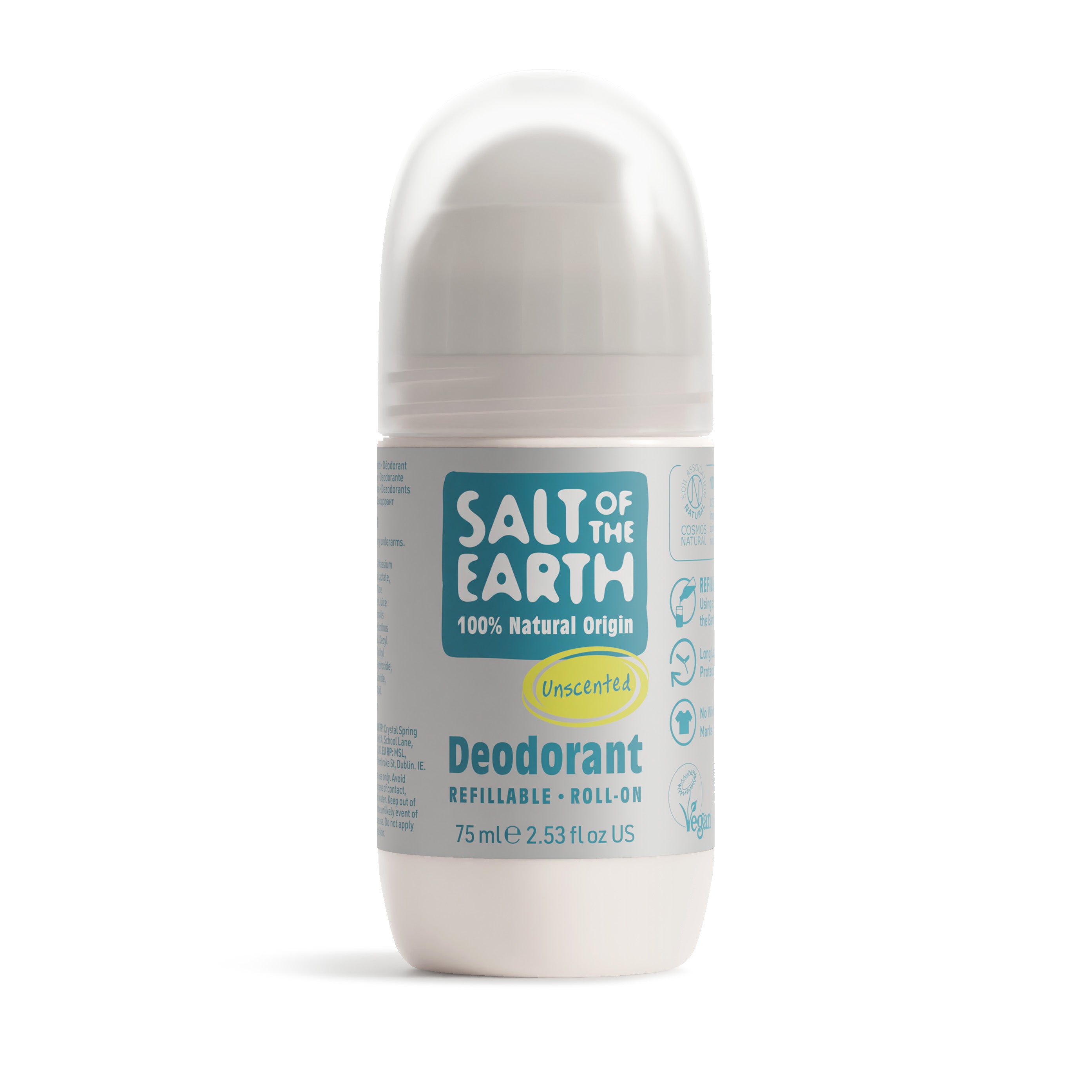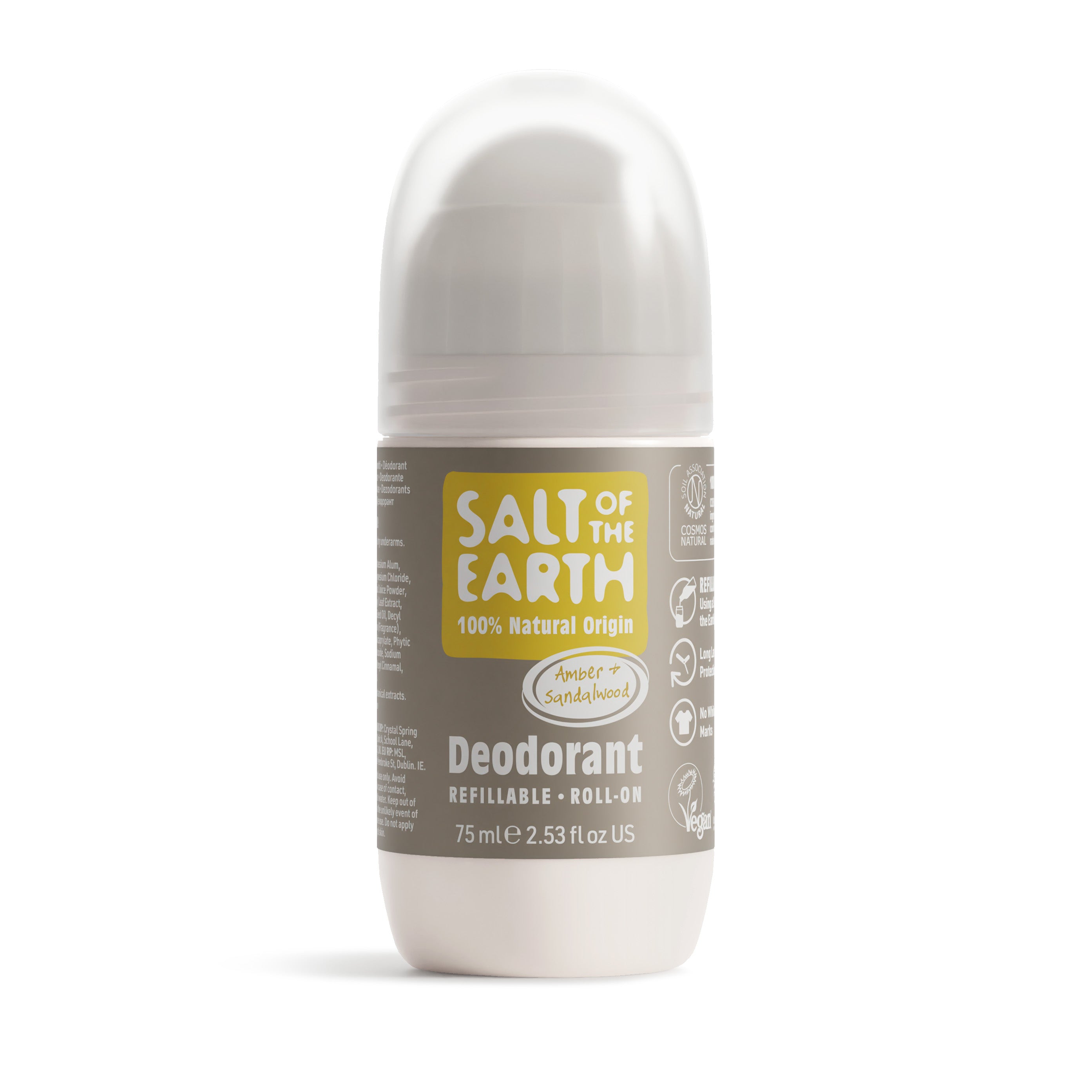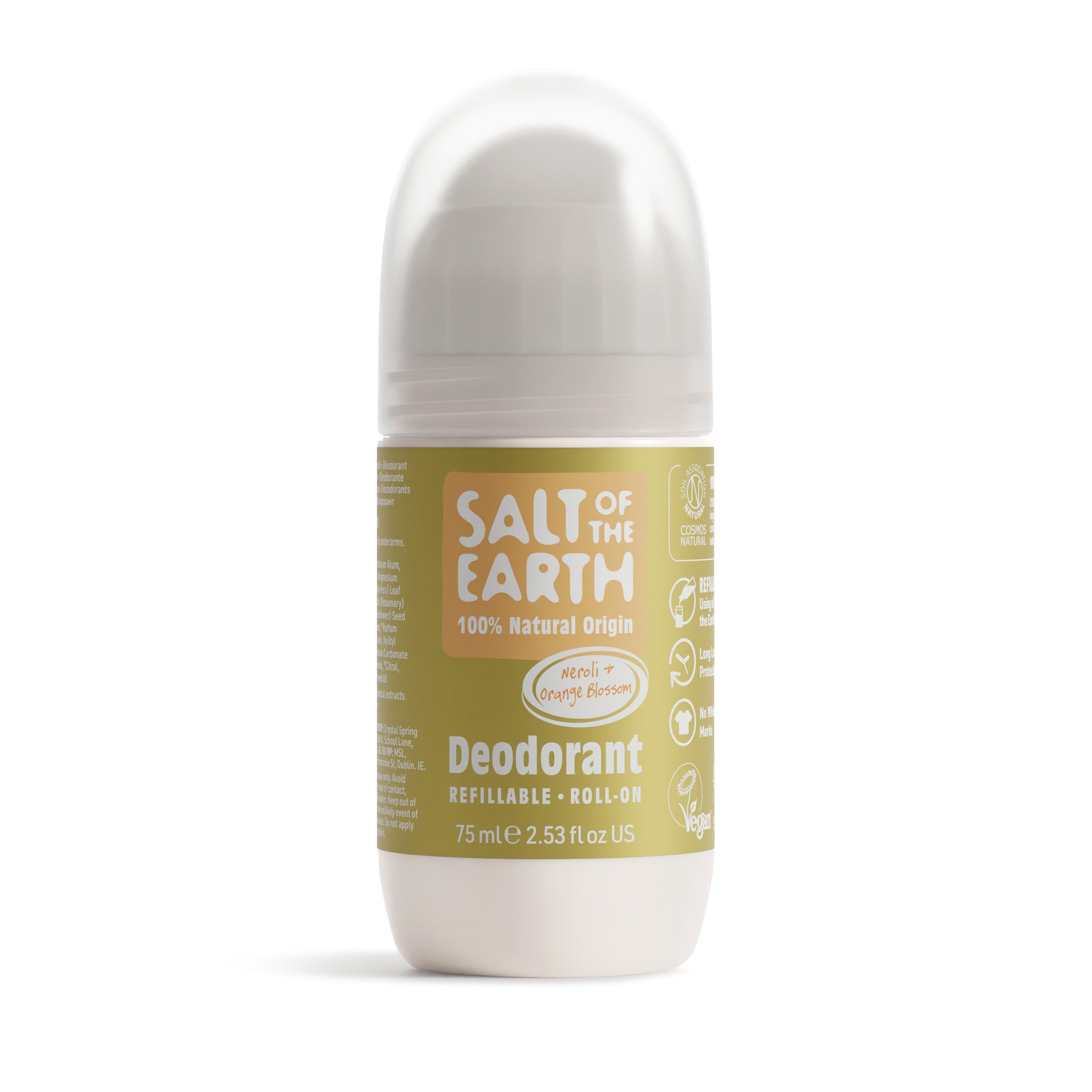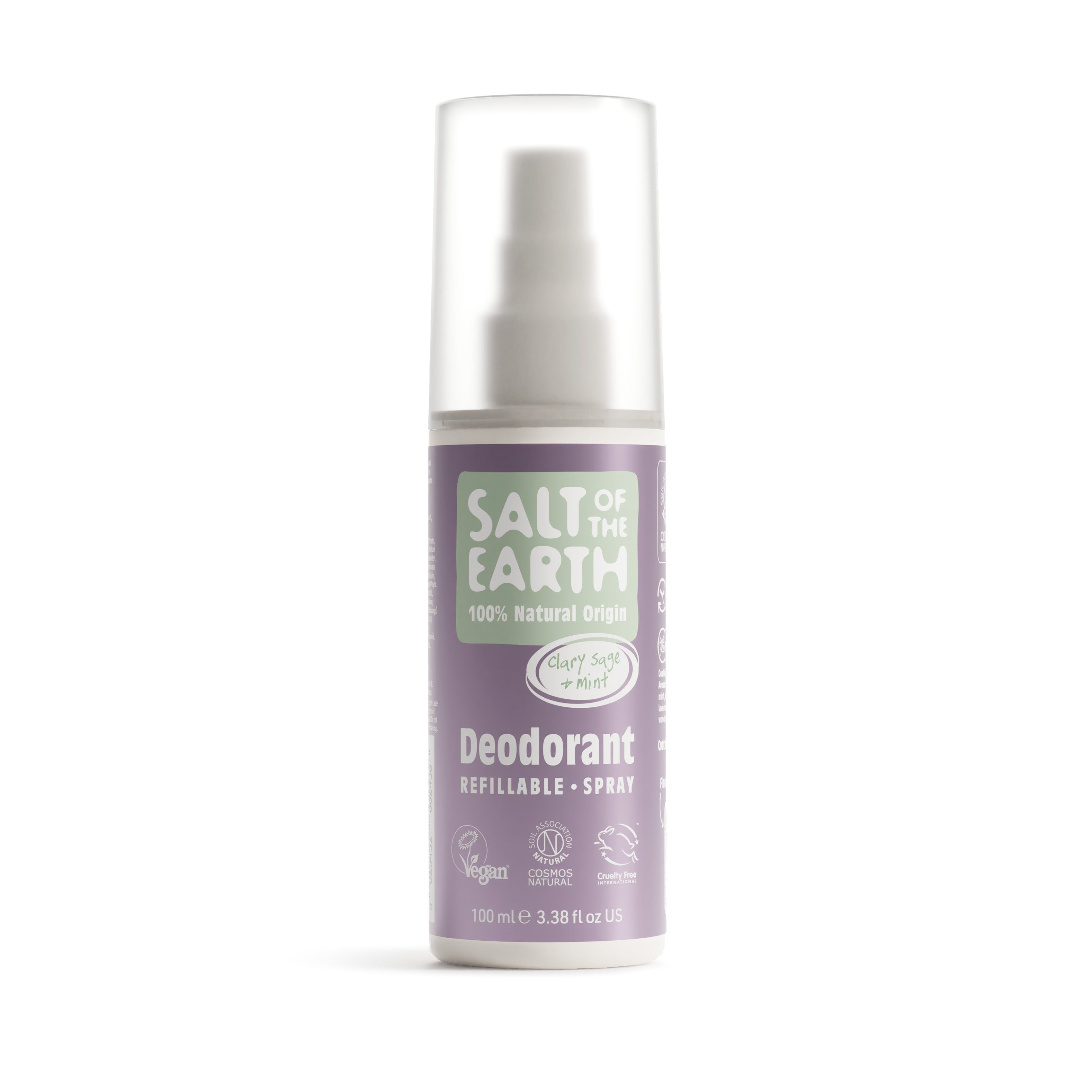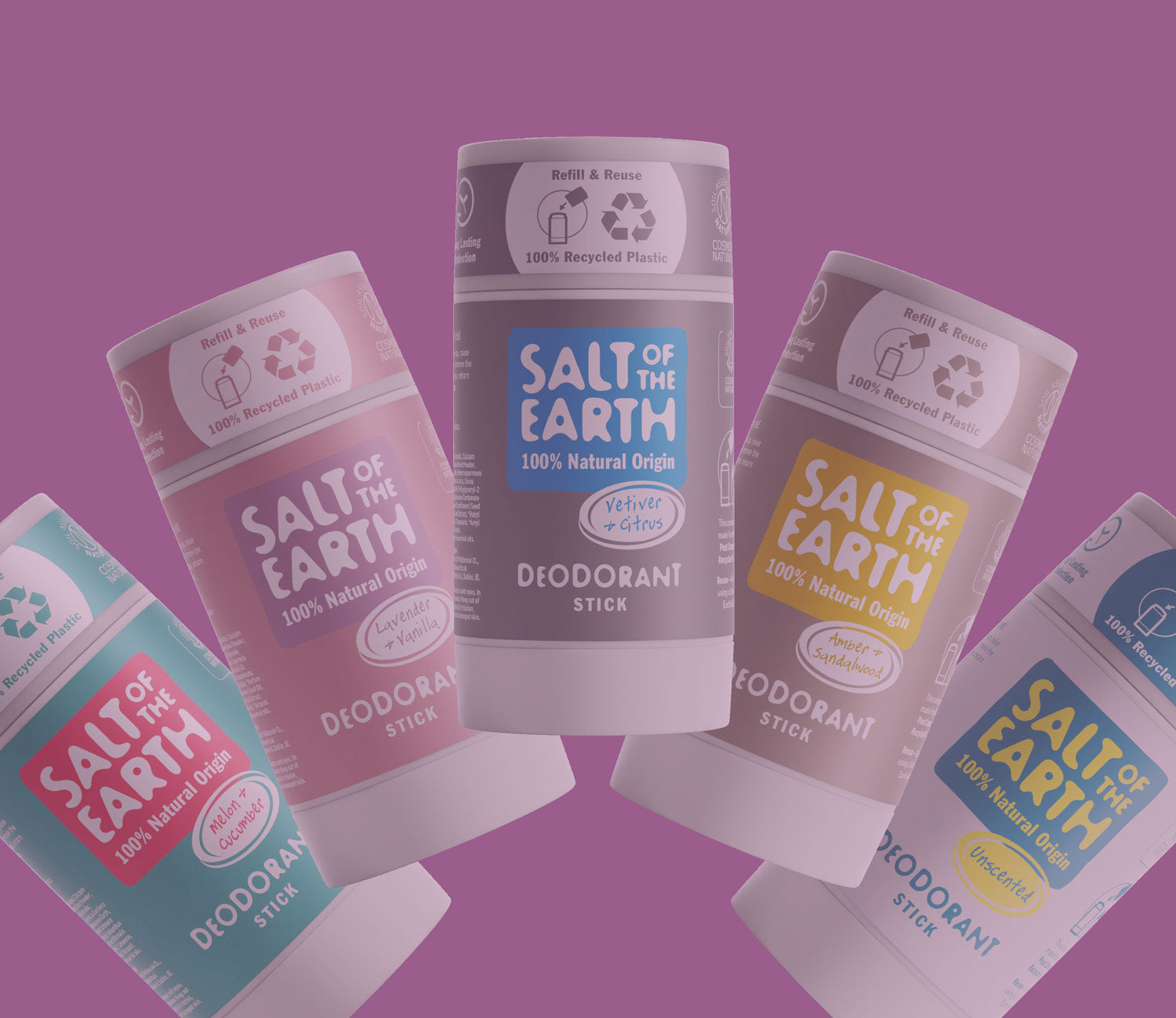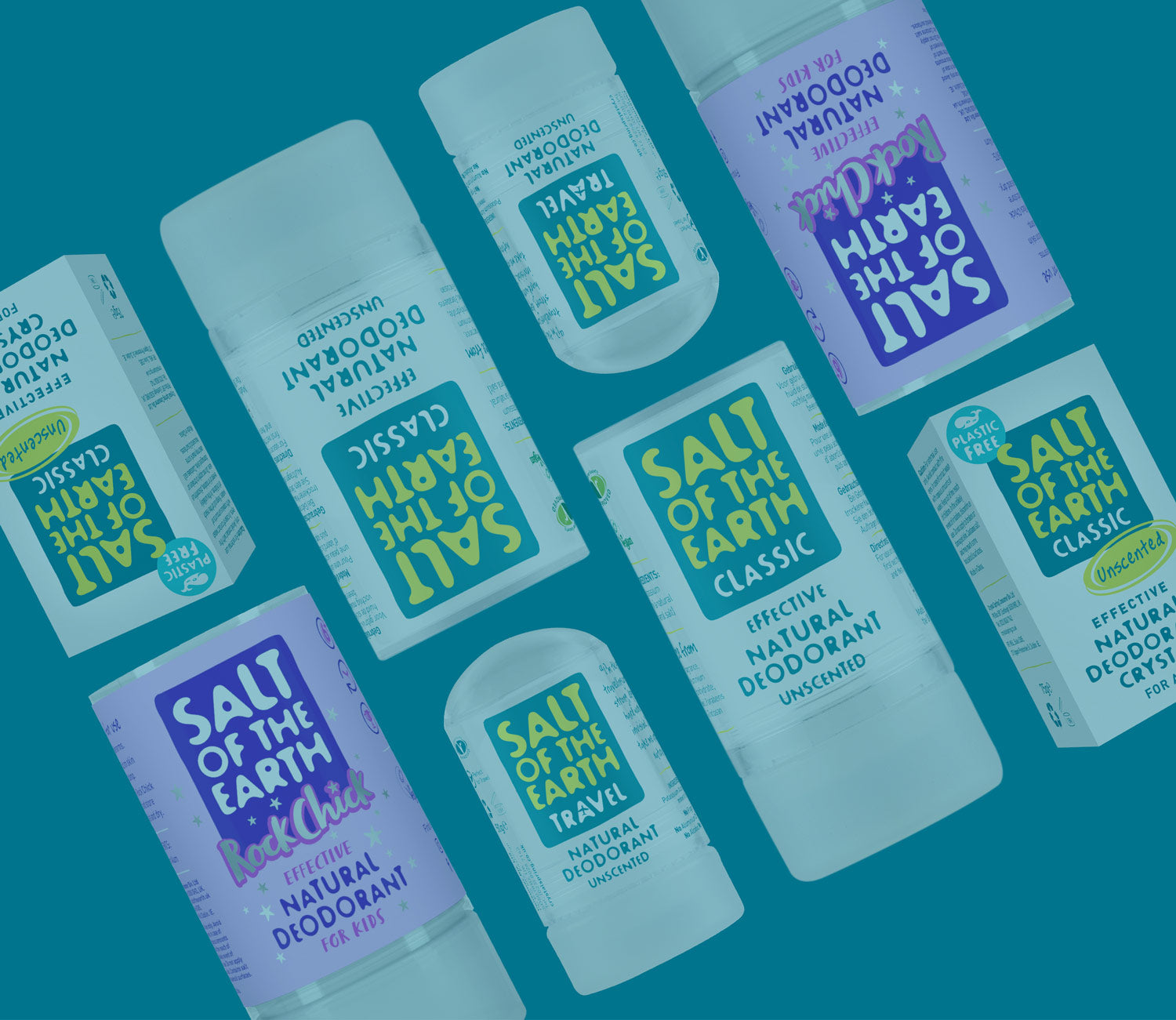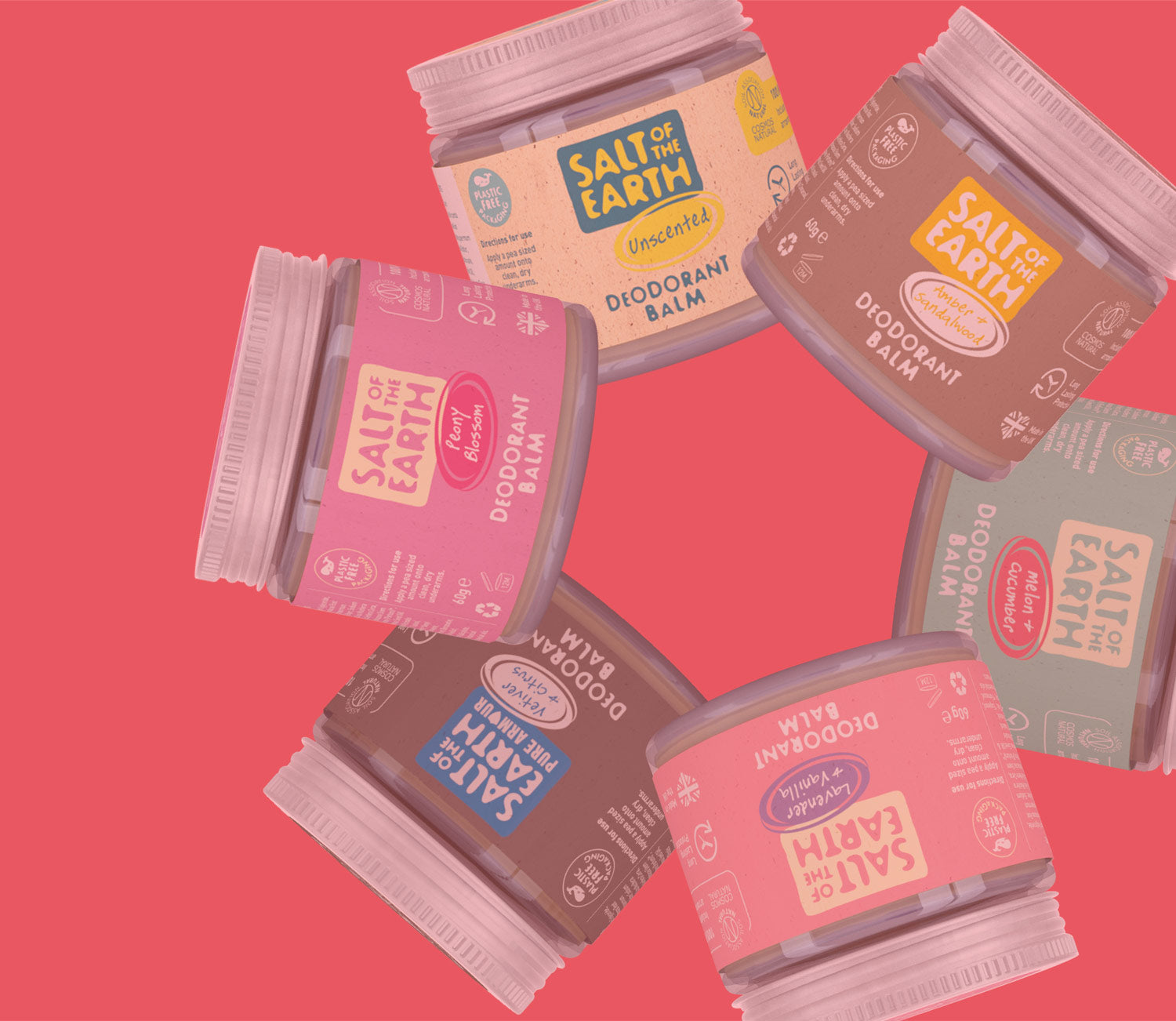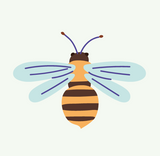
- Bees are at the heart of global food production. Without their pollination efforts, the availability and diversity of fruits, vegetables, and nuts would significantly decline, leading to potential food shortages and increased prices.
- Bees not only contribute to agricultural productivity but also play a vital role in preserving biodiversity. By pollinating a wide range of plants, they ensure the survival of diverse ecosystems and support the habitats of countless other species.
- Bees are excellent indicators of environmental health. Their well-being reflects the state of our environment, including air quality, water purity, and overall ecosystem balance. By protecting bees, we are also safeguarding the health and well-being of our planet.

- Create Bee-Friendly Spaces: Plant native flowers, herbs, and shrubs in your garden or even in pots on your balcony. These bee-friendly plants provide nourishment and safe havens for bees, ensuring their survival.
- Avoid Harmful Chemicals: Minimize or eliminate the use of pesticides and herbicides in your garden. Opt for organic and eco-friendly alternatives, where possible, to protect bees and other beneficial insects.
- Support Local Beekeepers: Purchase honey, beeswax products, and other bee-related goods from local beekeepers. This not only supports their livelihood but also encourages sustainable beekeeping practices.

World Bee Day serves as a reminder that the well-being of bees is intrinsically connected to our own well-being and the health of our planet. By celebrating these incredible pollinators and taking steps to protect them, we can ensure a sustainable future for generations to come.


